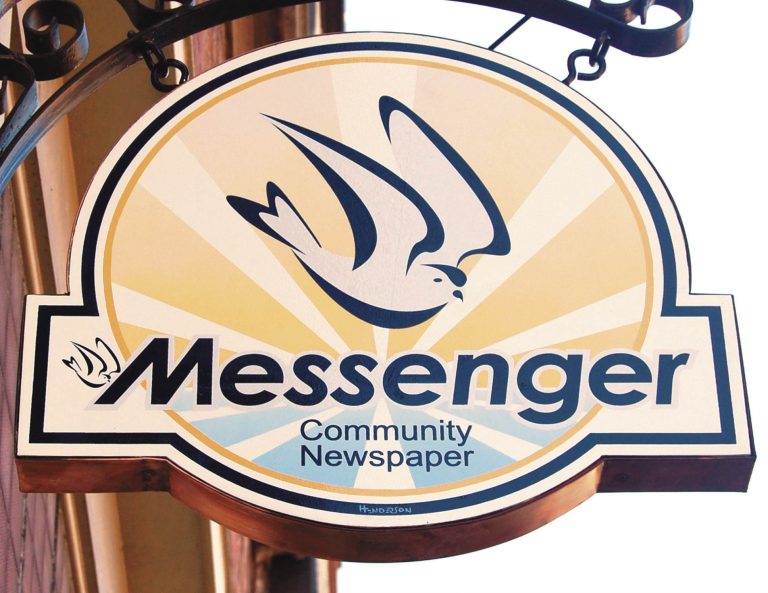By Donna Thornton/News Editor
The Rainbow City Utilities Board and City Council announced plans for a waste-water treatment plant that will meet the city’s current sewage needs and is expected to accommodate growth for the next 30 years.
The projected cost of the plant is roughly $14.8 million. The utilities board has moved forward on a two-part bond issue, with half issued in December and the other half to be issued in February.
The Rainbow City Council voted last month to fund half of the project – something utilities board members said was necessary for the project to go forward.
Utilities Board Chairman Debbie Hiltz said the board will not have to raise water or sewer rates for the purpose of paying off the debt. She said the last rate increase came in October, and she does not expect another until next October.
Rainbow City Mayor Terry John Calhoun said the city council will have to look for a new revenue stream to pay for its portion of the project.
“The utilities board couldn’t raise sewer rates high enough to handle it,” St. John said of the cost of the project. In talks between the utilities board and the council, it was decided that the utilities board will incur the debt but the city council will give money to help retire the debt.
He said money to pay the debt most likely will come in the form of a 5-mill ad valorem, or property tax. St. John said the city can pass up to 5 mills of property tax without action by the state legislature. Adding 5 mills should increase property tax by $50 for a property appraised at $100,000.
Most of the cities around Rainbow City imposed 5 mills years ago, St. John said, but Rainbow City has not.
With the potential for growth in Rainbow City, both the utilities board members and council members indicated they view the project as a necessity. St. John said given the current sewage situation, if that city had a large industrial prospect, the sewer system might not be able to accommodate them.
Utilities board member Jerry Tolbert said the board wanted to avoid a situation where limitations on the sewer system would hamper growth in the city.
St. John said he hopes any money the ad valorem tax might bring in beyond payment of the debt can be devoted to expanding the sewer system. Currently, about half the city’s water customers have sewer service as well.
Councilmember Anita Bedwell said in years past, other administrations held off on imposing additional property tax. She said she believes they might have done that with the idea of waiting until it was necessary to improve the city’s sewer system.
That has become a necessity. Last year the city received a warning from the Alabama Department of Environmental Management that the treatment facility had exceeded limits according to ADEM standards. The board has been working with ADEM since that time, and ADEM has been satisfied with the board’s plans and actions to address the limits.
The facility was built to handled approximately 740,000 gallons of water a day, but handles approximately 1 million gallons a day. The utilities board began working with ADEM to meet standards.
However, board and city officials said discussions about how to meet the city’s growing sewer needs had been going on for some time. Utilities board member Donnie Winningham and city/utilities board engineer Heath Williamson studied options for the sewer system for about a year.





